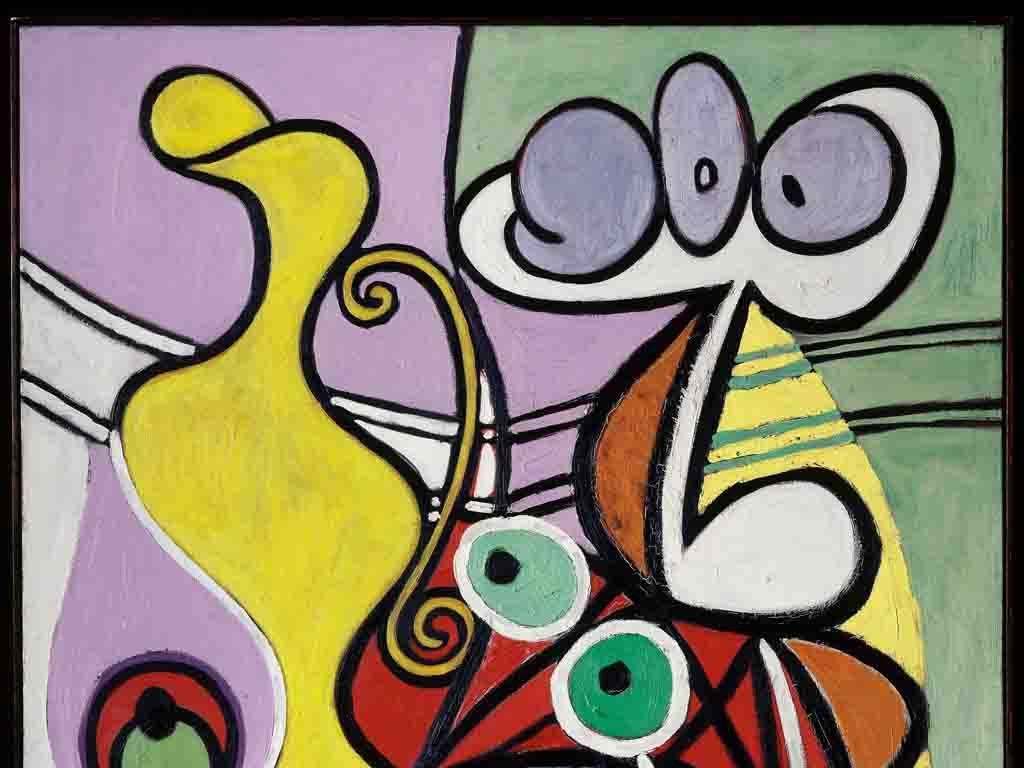And the reason why coping, why putting ourselves on the line yields positive results in terms of the base level of wellbeing going up,
我们这么做的原因,是因为这样能产生积极的影响,结果,幸福基准会上升
meaning still the ups and downs, but ups and downs looking this way
意思是仍然有起有落,但起伏是像这样斜线上升的,
as opposed to around a straight line or a parallel line is that when we cope,
而不是在一条直线上或者平行线上徘徊,我们去面对时
we see ourselves coping, we see ourselves trying and through self perception theory, we derive certain conclusions about ourselves:
能想象我们的行动,想象自己在努力,通过自我知觉理论,我们对自己做某种总结
oh, I must be courageous; oh, I must be a person who has high self esteem;
我一定很勇敢,我一定是自尊心强的人
oh, I must be a person who has a strong desire to succeed and so on and so on.
我一定是非常渴望成功的人等等

And then we derive conclusions about ourselves in the same way that we derive conclusions about other people.
然后我们给自己做出的结论,就像我们给他人的结论一样
That is self-perception theory.
这就是自我知觉理论
The second reason is that once we started failing more often, we realized that actually it's not that bad, it's not what we make it out to be.
第二个原因是一旦我们经常经历失败,我们会意识到那其实并不那么糟糕,不像我们想象的那么糟
The pain that in our minds we associate with failure is far greater that the actual pain of failure when that comes.
我们脑中想象的失败的痛苦比实际的痛苦要多得多
Maybe not initially when it happens, but after a while;
也许不是即时的,而是稍后才感受到
and then we recover again, and we see, oh, I can deal with it, I must be a person with resilience.
当我们恢复后,就知道我能应付它,我一定是一个有适应力的人
And finally, there is more success as a result of coping. Learn to fail, or fail to learn, there is no other way to succeed.
最终,努力去面对后会有更多成功。学习失败,或在失败中学习,成功没有其他途径



